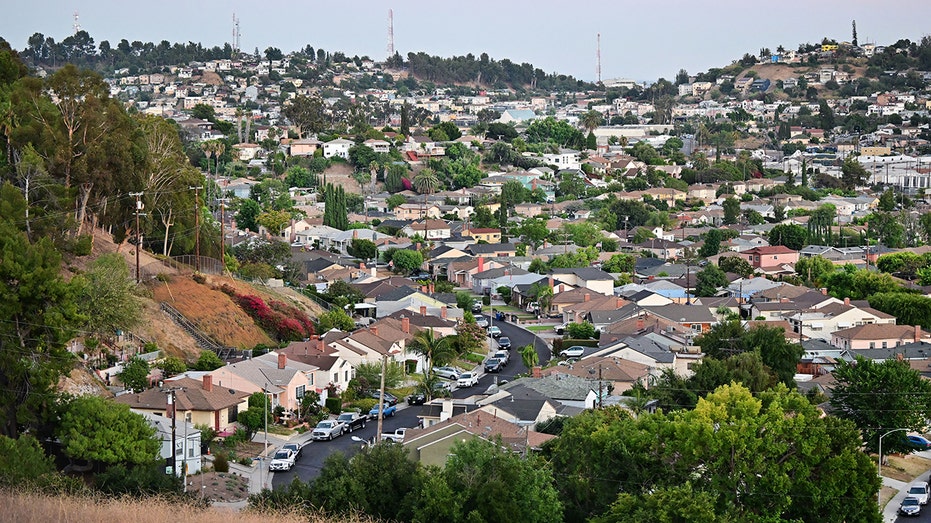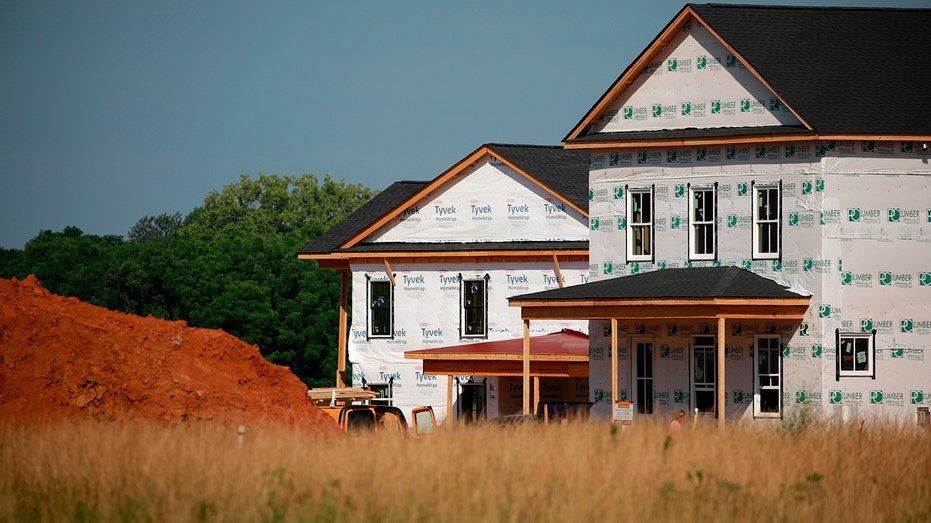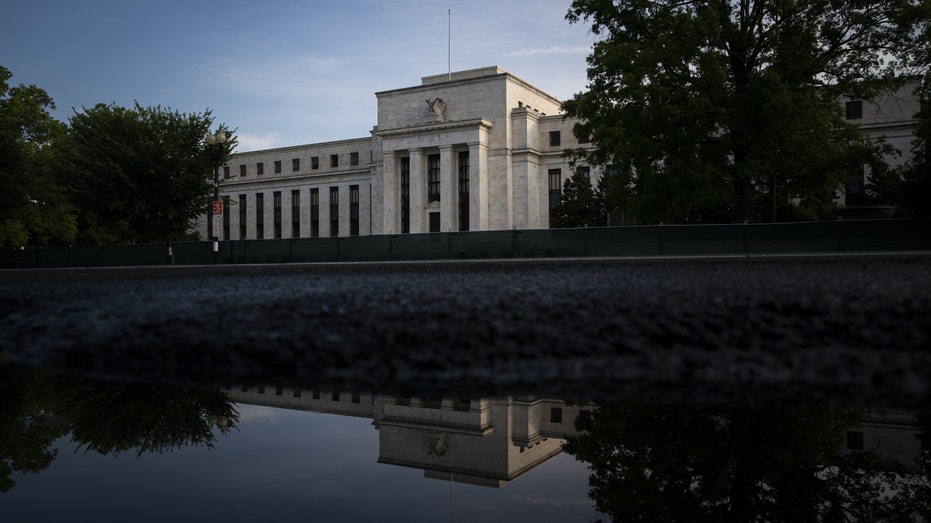Housing market becomes 'major headwind' for US economy
Housing market is likely to 'subtract from real GDP growth next year', experts say
Housing is in a very steep decline: Larry McDonald
Economic experts Patrice Lee Onwuka and Larry McDonald react to consumers saying inflation is impacting their standard of living on 'Making Money.'
The once red-hot housing market is rapidly losing steam.
A slew of new economic data published this week shows the sector is starting to cool off: Homebuilders' sentiment about the industry plunged to the lowest level in two years, and buyers are retreating from the market as they cancel home sales at the fastest pace since 2020 and builders are rethinking construction.
"Housing has clearly gone from tailwind to headwind for the U.S. economy," said Bill Adams, chief economist at Comerica Bank. "It will likely subtract from real GDP growth for the next year."
Painfully high inflation and rising borrowing costs have proven to be a lethal combination for the housing market, forcing potential buyers to pull back on spending.
HOW HOUSING IS FUELING RED-HOT INFLATION

A view of houses in a neighborhood in Los Angeles, California, on July 5, 2022. ( (Photo by FREDERIC J. BROWN/AFP via Getty Images) / Getty Images)
The number of home sale cancellations soared in July to another two-year high as buyers retreated from the market. About 63,000 home purchase agreements were called off in July, equal to 16% of homes that went into contract that month, according to a new analysis by Redfin published on Tuesday. That is up from 15% of deals that collapsed in June and is the highest rate in more than two years.
By comparison, just one year ago, the home cancellation level was around 12.5%. One of the main reasons for the increase in cancellations is buyer jitters over the increasingly dark economic outlook as the Federal Reserve moves to tighten rates at the fastest pace in decades, risking a possible recession.
"Buyers are also skittish because they’re afraid a potential recession could cause home prices to drop," said Heather Kruayai, a Redfin real estate agent based in Jacksonville, Florida. "They don’t want to end up in a situation where they purchase a home, and it’s worth $200,000 less in two years, so some are opting to wait in hopes of buying when prices are lower."
On top of that, sentiment among builders in the housing market tumbled in August to the lowest since the beginning of the COVID-19 pandemic.
The National Association of Home Builders/Wells Fargo Housing Market Index, which measures the pulse of the single-family housing market, fell for the eighth consecutive month to 49, marking the worst stretch for the housing market since the 2008 financial crisis.
Any reading above 50 is considered positive; the gauge has not entered negative territory since a brief – but steep – drop in May 2020.

Houses under construction at the Norton Commons subdivision in Louisville, Kentucky, US, on Friday, July 1, 2022. (Photographer: Luke Sharrett/Bloomberg via Getty Images / Getty Images)
The index has fallen considerably from just one year ago when it stood at 80. It peaked at a 35-year high of 90 in November 2020, buoyed by record-low interest rates at the same time that American homebuyers – flush with cash and eager for more space during the pandemic – started flocking to the suburbs.
"Tighter monetary policy from the Federal Reserve and persistently elevated construction costs have brought on a housing recession," NAHB chief economist Robert Dietz said.
With mortgage rates soaring and a growing number of potential buyers backing out of deals – and sales dropping to the lowest level in two years – builders have become increasingly reluctant to build new homes, keeping prices high.
HOMEBUILDERS SEE 'HOUSING RECESSION' AS SENTIMENT PLUNGES TO FRESH 2-YEAR LOW
New U.S. home construction plunged in July for the third consecutive month, the Commerce Department reported this week, with housing starts plunging 9.6% last month to an annual rate of 1.446 million units, the lowest level since February 2021.
Applications to build – which measures future construction – slowed to an annual rate of 1.67 million units, which is also the lowest since September.
"The jump in mortgage rates and widespread recession fears are weighing on housing activity," Adams said. "While house prices likely continued to move higher in July (most house price indices for the month haven’t been released yet), activity in housing is turning sharply lower."
The interest rate-sensitive housing market has started to cool noticeably in recent months as the Federal Reserve moves to tighten policy at the fastest pace in three decades. Policymakers already approved a 75-basis point rate increase in both June and July and have signaled that another mega-sized increase is on the table when they meet in September.

The Marriner S. Eccles Federal Reserve building in Washington, D.C., US, on Wednesday, July 6, 2022. (Photographer: Al Drago/Bloomberg via Getty Images / Getty Images)
The average rate for a 30-year fixed rate mortgage climbed to 5.22% for the week ending Aug. 11, according to recent data from mortgage lender Freddie Mac. That is significantly higher than just one year ago when rates stood at 2.86%.
GET FOX BUSINESS ON THE GO BY CLICKING HERE
"With the Fed continuing to step on the pedal in terms of interest rates, we should expect the housing market to decline further," said Tuan Nguyen, a U.S. economist at RSM. "It is too early to speculate on the timing of a potential Fed rate cut as we are still very far away from reaching the target level of inflation."





















